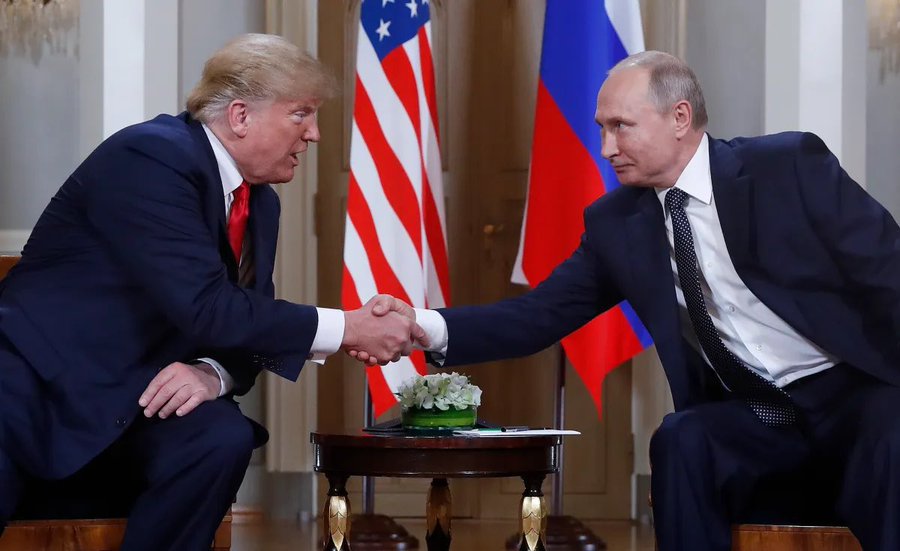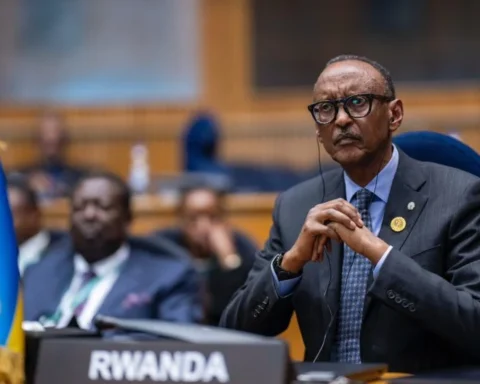The U.S. President Donald Trump has suggested that Russian President Vladimir Putin is easier to deal with than Ukrainian President Volodymyr Zelensky, arguing that Putin “wants to end the war” in Ukraine.
Trump made the remarks during a press briefing on March 7, 2025, where he reflected on international diplomacy and his past dealings with both leaders. “I’ve always had a good relationship with Putin,” Trump said. “He wants to end the war. It might be easier dealing with Russia than with Ukraine right now.”
The statement immediately drew criticism, especially in the context of the ongoing war, where Russia has faced international condemnation for its invasion of Ukraine and continued military aggression.
Trump’s comments come amid reports that his administration has paused U.S. military and intelligence support to Kyiv, a move critics say could weaken Ukraine’s position and push it toward a settlement under pressure. According to sources familiar with the administration’s strategy, the pause is meant to nudge both sides back to the negotiating table—but many fear it could embolden Moscow instead.
Though Trump also threatened new sanctions on Moscow earlier in the day, he appeared to justify Russia’s recent escalations, including intense aerial bombardments on Ukrainian cities. “Look, he’s doing what anyone in his position would be doing,” Trump said of Putin—a remark that alarmed many foreign policy analysts.
Also Read; Global Indifference Continues Amid DRC’s Ongoing Turmoil
For Ukraine, where civilian casualties continue to mount and infrastructure lies in ruins, the idea that Russia is a more reasonable actor in the conflict has struck a particularly painful chord. Ukrainian officials, while avoiding direct rebuttals, expressed frustration over what they view as mixed signals from Washington.
Observers warn that Trump’s public framing of the war could complicate U.S. diplomatic efforts and send confusing messages to allies, especially in Europe. The statement also appears to contrast with broader American foreign policy, which has consistently framed Russia as the aggressor and committed to supporting Ukraine’s sovereignty.
As the conflict grinds on with no clear end in sight, Trump’s remarks have added another layer of complexity to a war that has already reshaped global politics—and raised new questions about the direction of U.S. leadership in times of international crisis.







